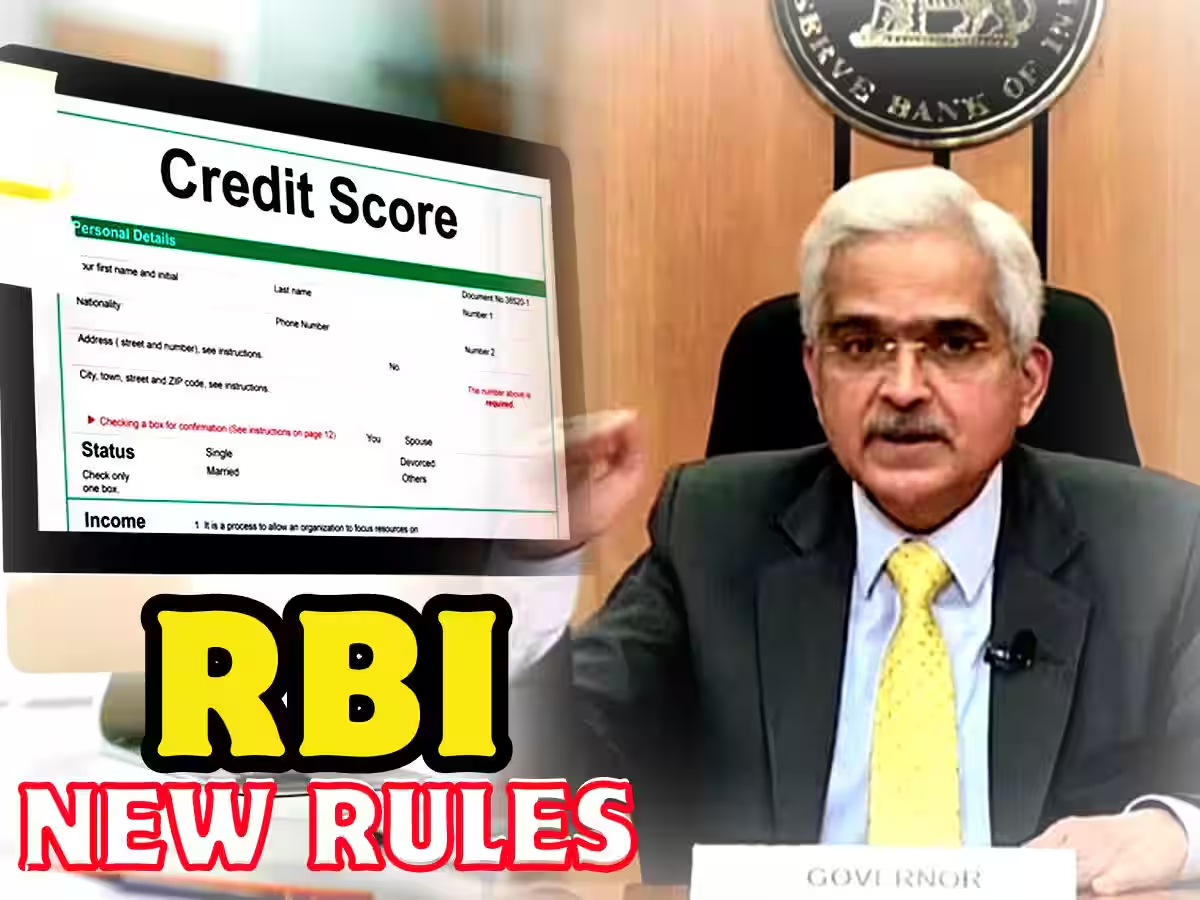PATAUDI, Haryana – In an age where financial access is paramount, one three-digit number has emerged as the gatekeeper to personal aspirations: the CIBIL score. This seemingly simple figure, ranging from 300 to 900, is the first and most critical hurdle an individual encounters when seeking credit from banks or financial institutions. It’s a digital fingerprint of one’s credit history and financial conduct, dictating not just the ease of loan approval but also the terms – from interest rates to repayment periods. Yet, despite its profound influence, a significant portion of the population remains uninitiated into its mysteries, unaware of its true significance or how to cultivate a stellar score.
This comprehensive guide delves into the indispensable role of the CIBIL score in the lending landscape, illuminating the optimal score for various loans, exploring alternatives for those with a less-than-perfect history, and providing actionable strategies to elevate this crucial financial metric.
Deciphering the CIBIL Code: Your Credit Identity
At its core, the CIBIL score (often interchangeably referred to as a credit score) is a numerical representation of an individual’s creditworthiness – their proven ability to repay debts. Calculated by TransUnion CIBIL, a leading credit information company in India, it synthesizes data from credit cards, loan repayments, EMIs, and overall banking behavior. The higher the score, the stronger your financial credibility:
- Near 300: Signifies a weak or non-existent credit history.
- 750 and above: Considered an excellent score, significantly boosting loan approval prospects.
- 800+: An outstanding score, often unlocking premium loan offers and preferential terms.
A score above 700 is generally viewed as ‘good,’ positioning you favorably in the eyes of lenders.
The Golden Threshold: How Much CIBIL Score Do You Need for a Loan?
Whether it’s a personal loan, a home loan, or an auto loan, every lender scrutinizes your CIBIL score. While specific requirements vary, here’s a general guideline favored by financial institutions:
- 750+: Ideal and highly prioritized for swift approvals.
- 700–749: Generally acceptable, though may require standard scrutiny.
- 650–699: Loan approval is possible in some cases, but with greater difficulty and potentially less favorable terms.
- Below 600: High likelihood of loan rejection.
For those aiming for quick loan approvals and competitive interest rates, maintaining a score of 750 or above is paramount.
Personal Loans: The CIBIL Score’s Strict Scrutiny
Personal loans, being unsecured (requiring no collateral), place a heavier emphasis on your CIBIL score as a primary risk assessment tool:
- 750+: Unsecured personal loans are readily available.
- 700–750: May require additional documentation or income proofs.
- 600–700: Often necessitates collateral or a guarantor.
- Below 600: High probability of application rejection.
For those with a lower score, some financial companies do offer secured personal loans, requiring an asset to be pledged as collateral.
SBI and Your CIBIL Score: A Public Sector Perspective
Even public sector giants like the State Bank of India (SBI) rigorously consider CIBIL scores. For SBI personal loans, a score of 750+ is considered good. An exceptional score of 800 and above can unlock benefits like lower interest rates and extended repayment tenures. Conversely, a score below 700 significantly reduces approval chances or necessitates extensive documentation.
Beyond Approval: CIBIL’s Influence on Loan Terms
Your CIBIL score isn’t just a pass-fail metric; it profoundly impacts the loan amount, interest rate, and tenure:
| CIBIL Score Range | Loan Approval Probability | Interest Rate | Other Benefits |
| 800–900 | Very High | Low | Longer tenure, faster processing |
| 750–799 | High | Low–Medium | Better deals |
| 700–749 | Average | Medium | More documentation required |
| 650–699 | Low | High | May require guarantor |
| Below 600 | Very Low | Very High | Higher risk, typically leads to rejection |
Export to Sheets
The Downward Spiral: Why CIBIL Scores Deteriorate
A good CIBIL score is painstakingly built but can be quickly eroded by several missteps:
- Late or Missed Payments: The most common culprit, directly impacting your repayment history.
- Excessive Loan/Credit Card Applications: Multiple hard inquiries in a short period signal desperation.
- High Credit Utilization: Consistently using a large portion of your credit limit (e.g., above 30%) suggests over-reliance on credit.
- Inaccurate Information: Discrepancies or outdated data in your CIBIL report can negatively affect your score.
Rebuilding Your Financial Foundation: Strategies to Improve CIBIL Score
A low CIBIL score is not a death knell; it’s a call to action. With disciplined effort, it can be significantly improved:
- Timely Payments: Prioritize paying all loan EMIs and credit card bills on or before their due dates.
- Maintain Low Credit Utilization: Keep your credit card spending below 30% of your total credit limit.
- Avoid Frequent Applications: Apply for new credit only when absolutely necessary.
- Regular Monitoring: Check your CIBIL score at least once a year for accuracy.
- Keep Old Accounts Active: Long-standing, well-managed accounts demonstrate credit stability.
- Dispute Errors Promptly: If you find any inaccuracies in your CIBIL report, immediately raise a dispute with CIBIL.
The Time Horizon for Improvement:
Significant improvement (e.g., from 600 to 750) can take anywhere from 6 to 12 months, provided consistent positive financial habits are adopted. Smaller improvements might be visible within 3 to 6 months.
Navigating the “No CIBIL Score” Landscape:
For first-time borrowers or individuals with no prior credit history (resulting in a “NA” or “NH” CIBIL score), securing a loan can be challenging but not impossible:
- Secured Loans: Some banks offer loans against collateral (e.g., fixed deposits).
- Small “Trial” Loans: Start with small, manageable loans to build a credit history.
- Co-signer/Guarantor: A loan can be obtained with a creditworthy co-signer or guarantor.
Conclusion: Your CIBIL Score – The Modern Financial Compass
The CIBIL score serves as an individual’s financial passport in today’s credit-driven economy. It’s a dynamic reflection of your financial discipline and responsibility. For anyone aspiring to secure a home, car, or education loan in the future, nurturing a healthy CIBIL score from today is not merely advisable but essential.
A score of 750 or above not only ensures easier loan approvals but also unlocks preferential interest rates and higher loan amounts. Therefore, make timely payments a habit, borrow only when necessary, and diligently monitor your score.
Disclaimer: The information provided in this article is for informational purposes only. Readers are advised to consult with their bank, financial advisor, or relevant institutions before making any financial decisions, as rules pertaining to CIBIL scores and lending policies are subject to change.









